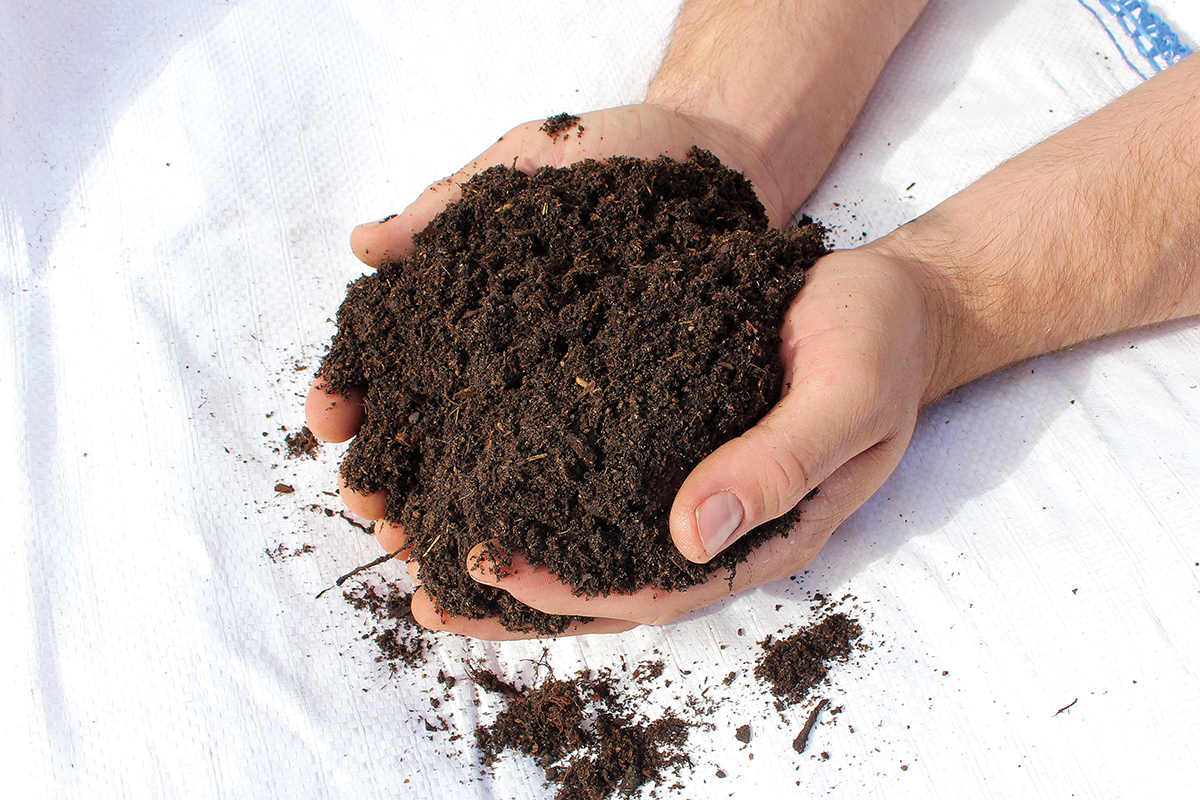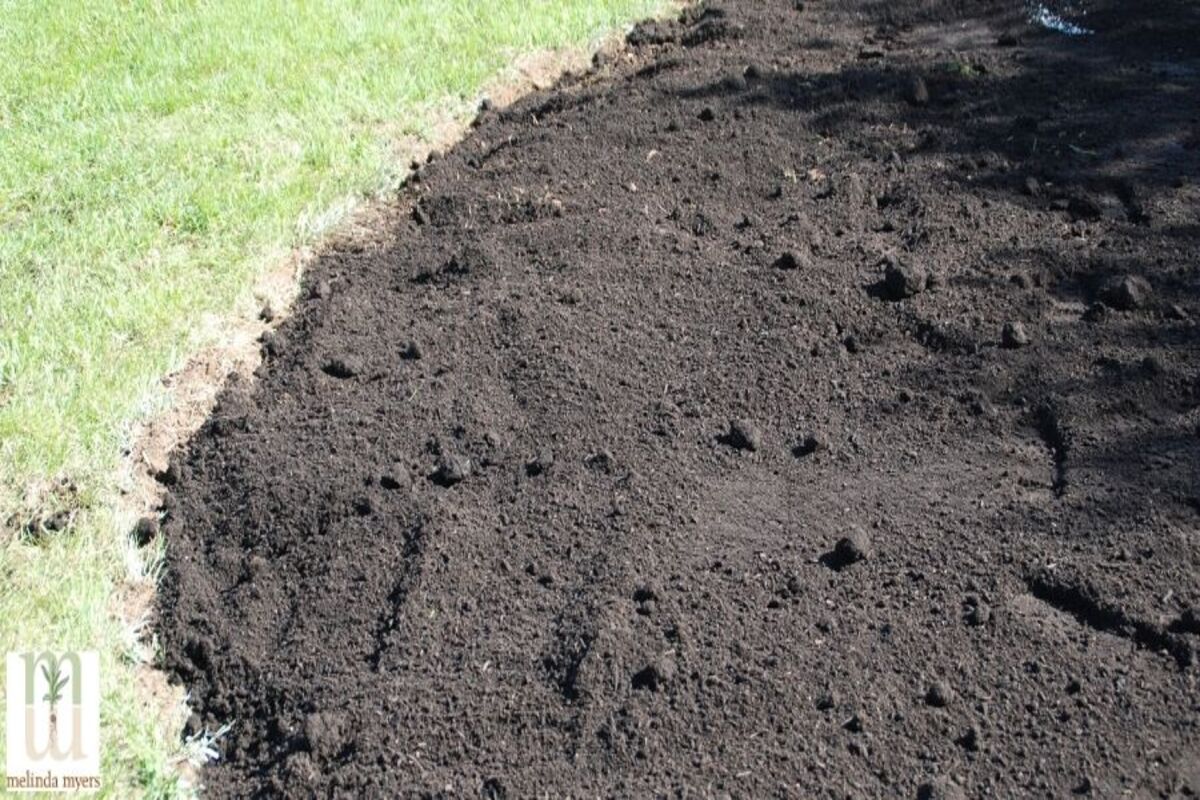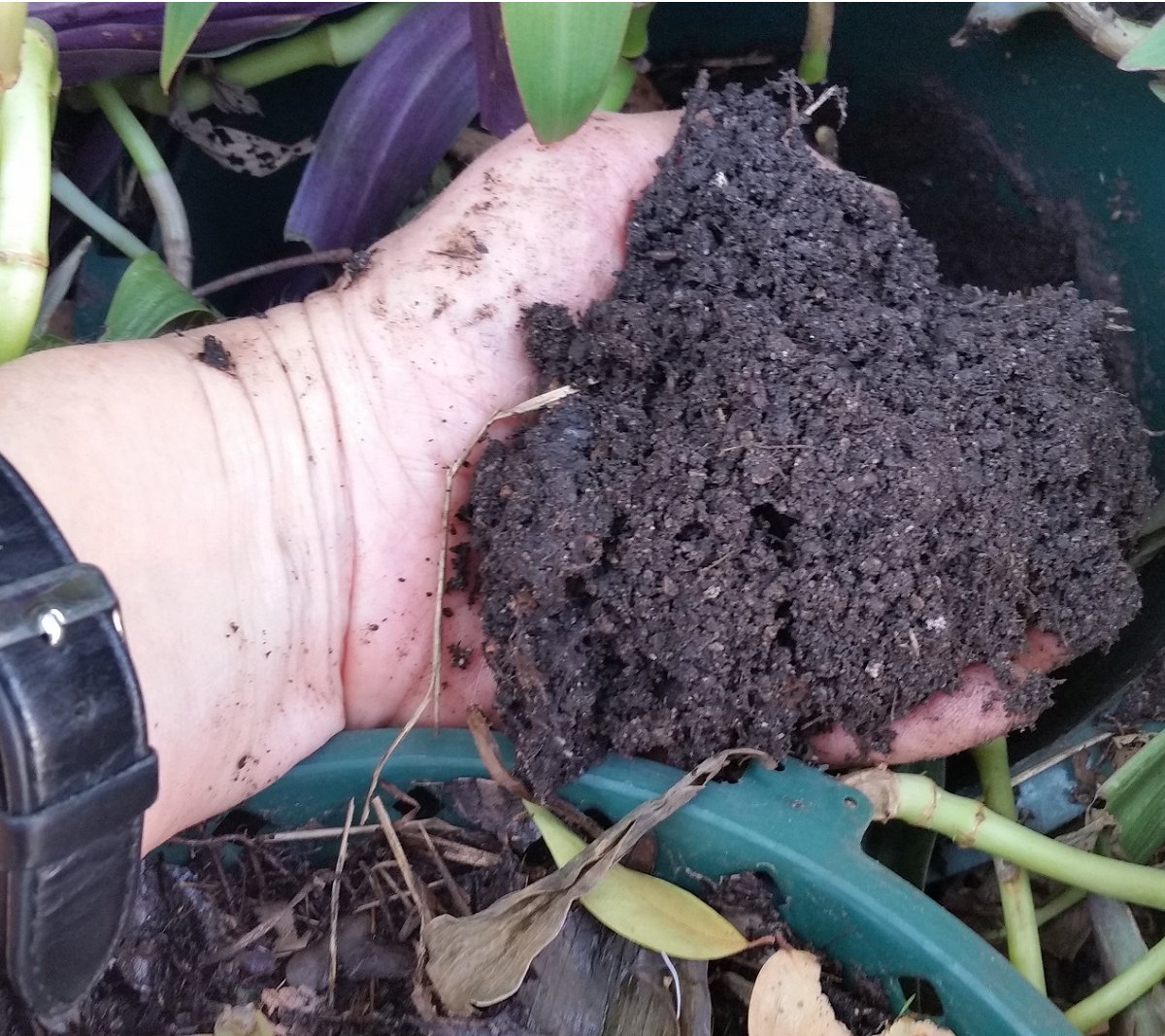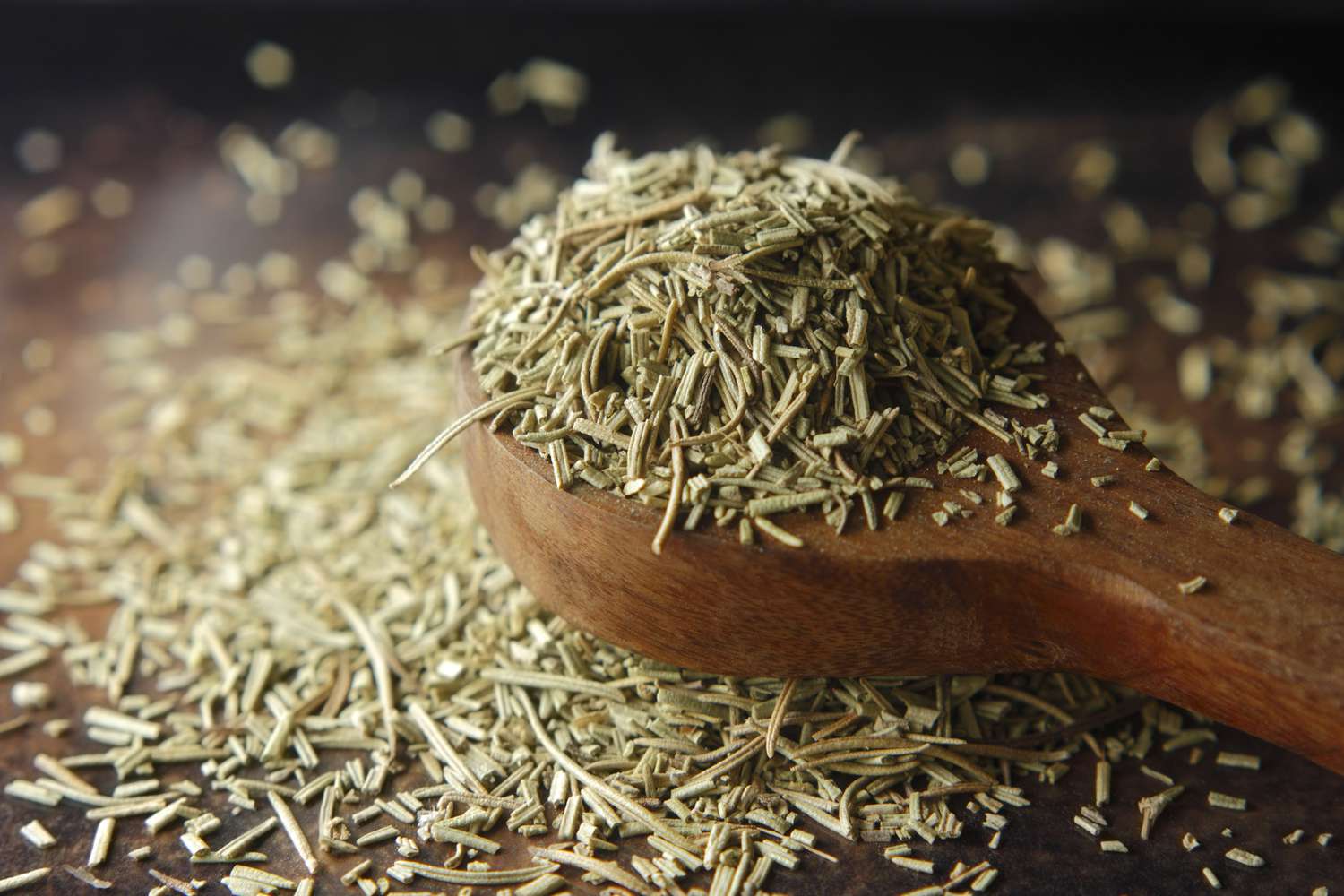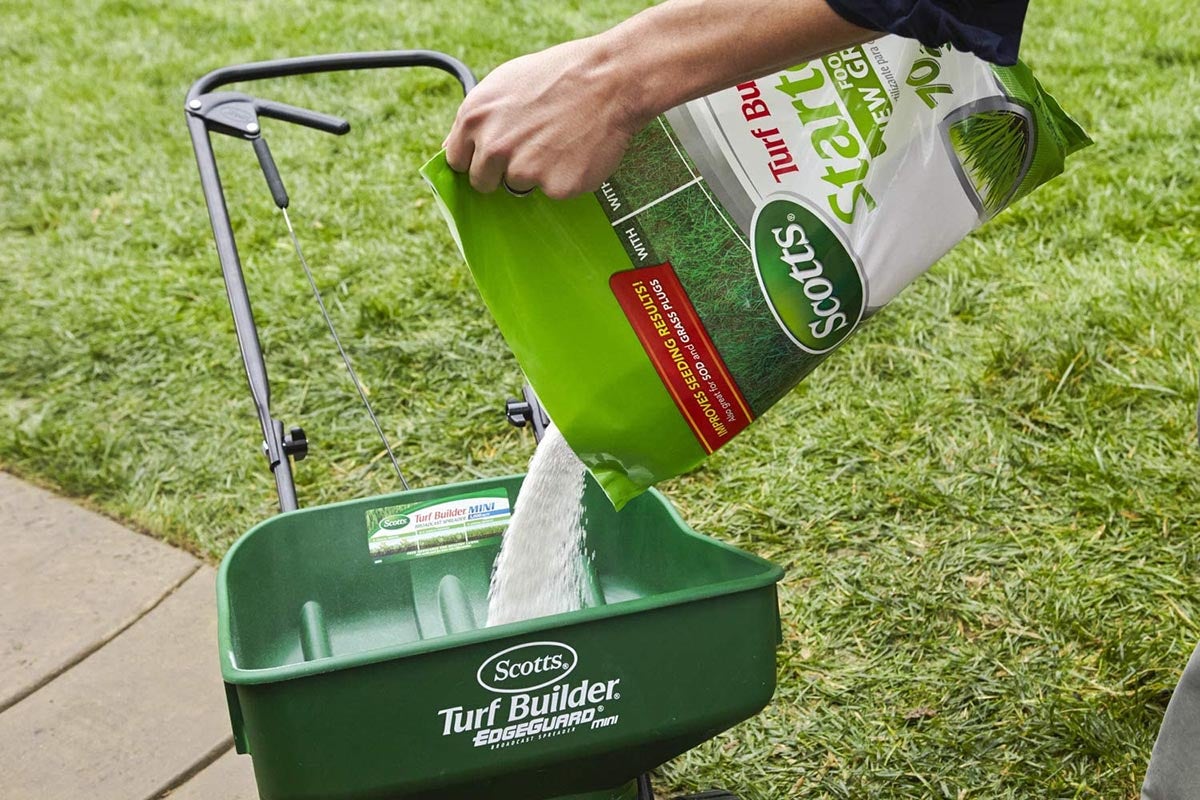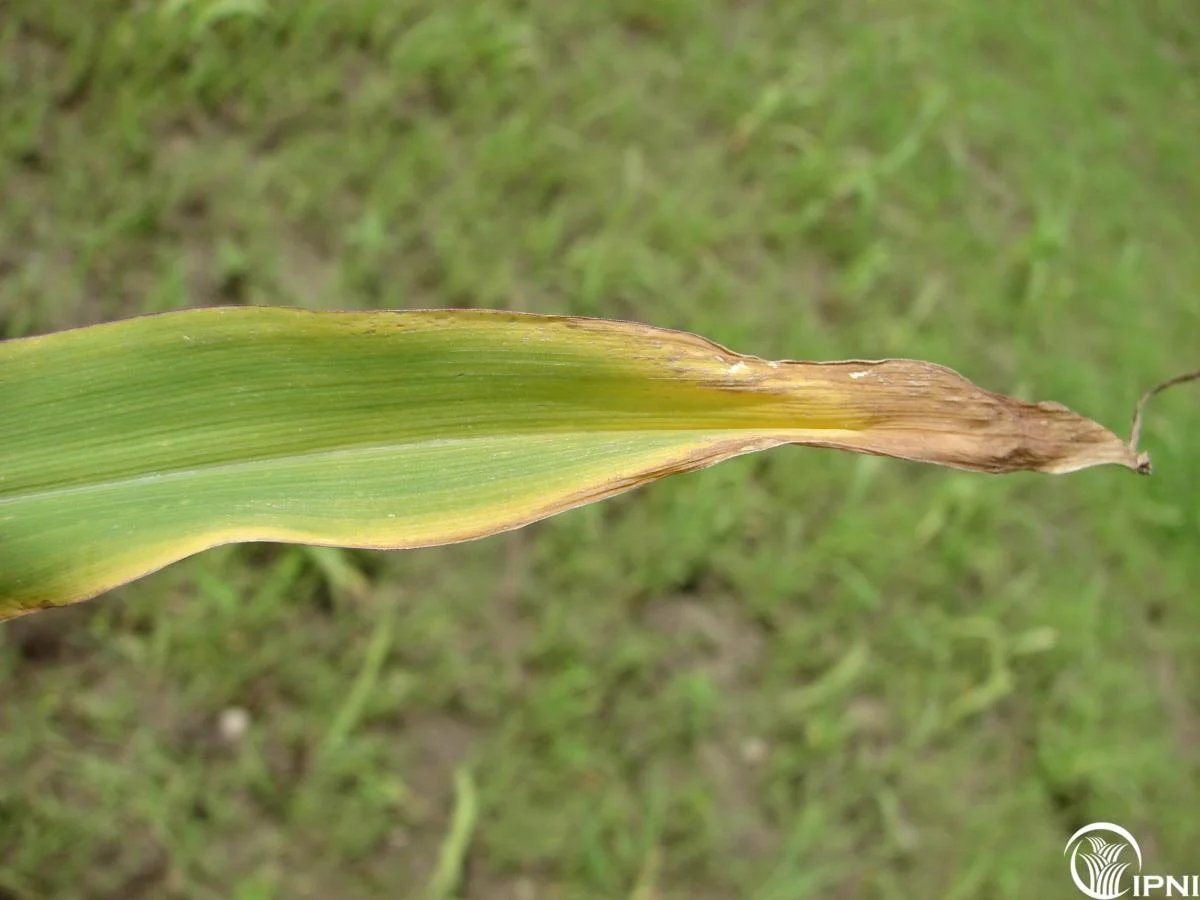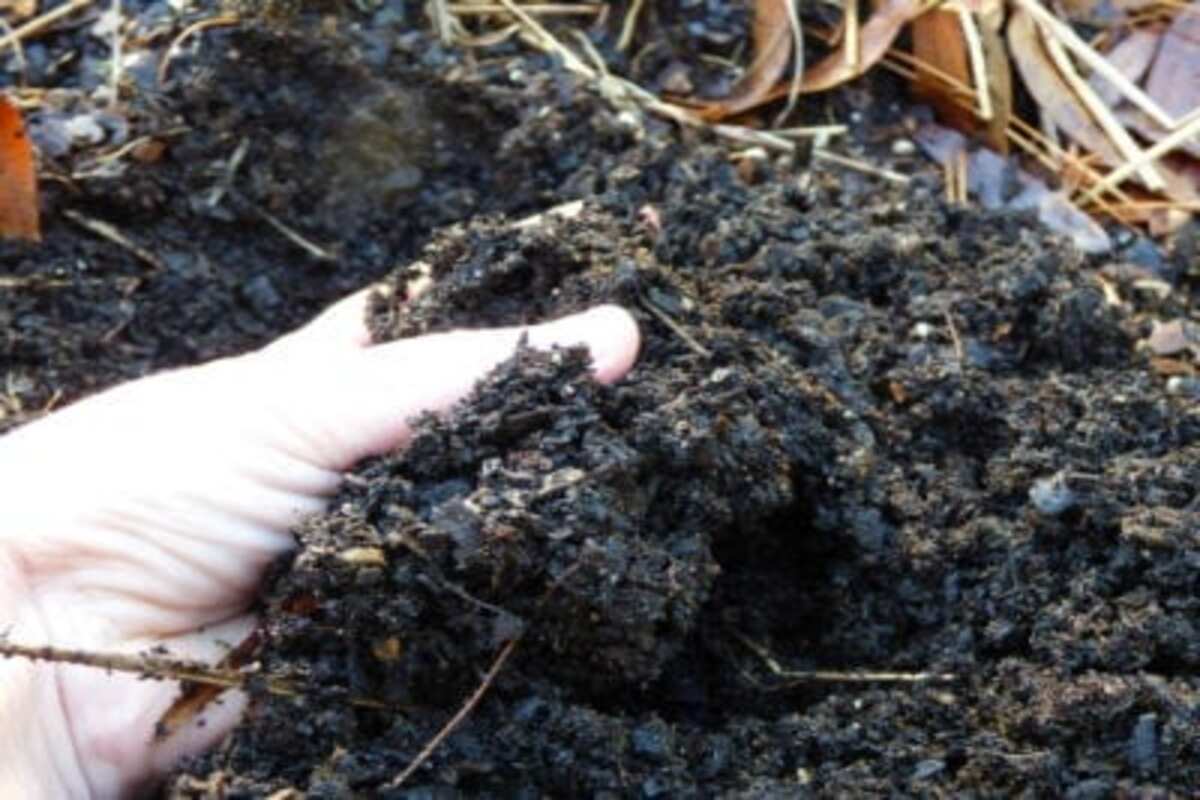Home>Gardening Tips and Tricks>Eco-Friendly Gardening>What Is Compost Used For?


Eco-Friendly Gardening
What Is Compost Used For?
Modified: January 22, 2024
Discover the many uses of compost in eco-friendly gardening. Learn how compost enriches soil, improves plant health, and reduces the need for harmful chemicals.
(Many of the links in this article redirect to a specific reviewed product. Your purchase of these products through affiliate links helps to generate commission for Chicagolandgardening.com, at no extra cost. Learn more)
Table of Contents
Introduction
Welcome to the world of eco-friendly gardening! In this article, we will explore the wonderful benefits of compost and why it is an essential tool for every environmentally conscious gardener. Compost, often referred to as “black gold,” is a nutrient-rich organic material that results from the decomposition of organic waste materials such as kitchen scraps, yard trimmings, and animal manure.
Composting is a natural process that has been practiced for centuries, with the resulting compost being used to enrich soil and promote healthier plant growth. The use of compost in gardening not only reduces the amount of waste sent to landfills but also provides numerous benefits that help create a more sustainable and eco-friendly environment.
As gardeners, we strive to create beautiful and thriving gardens while minimizing our impact on the planet. Compost plays a vital role in achieving this goal by providing a sustainable solution that benefits both our plants and the environment. Let’s delve into the many advantages of using compost in your garden!
Soil Enrichment
One of the primary reasons why compost is widely used in gardening is its ability to enrich the soil. Compost is packed with essential nutrients that plants need to grow and thrive. When added to the soil, it replenishes the nutrient levels and creates a fertile environment for plants to flourish.
Compost acts as a slow-release fertilizer, providing a continuous and balanced supply of nutrients to plants over time. It contains a wide range of macronutrients, including nitrogen, phosphorus, and potassium, as well as micronutrients like calcium, magnesium, and iron. These nutrients are vital for plant growth, development, and overall health.
Moreover, compost enhances soil fertility by improving its structure and texture. It helps to loosen compacted soil, allowing for better root penetration and moisture absorption. This, in turn, promotes better aeration, drainage, and nutrient uptake by plants. The increased porosity of the soil creates a favorable environment for beneficial microorganisms, earthworms, and other soil organisms, which further enhance soil fertility.
In addition to providing essential nutrients, compost also increases the organic matter content of the soil. Organic matter acts as a sponge, holding moisture and preventing soil erosion. It helps to retain water in the soil, reducing the need for frequent irrigation. Additionally, the organic matter in compost improves the soil’s ability to retain moisture, even in dry or arid climates.
Overall, by enriching the soil with compost, gardeners can create a nutrient-rich and well-balanced growing medium that supports robust plant growth and yields. It fosters a healthy and sustainable garden ecosystem, making it an invaluable resource for eco-friendly gardening.
Plant Nutrient Source
Compost serves as an excellent source of nutrients for plants. The organic material in compost undergoes decomposition, breaking down into nutrient-rich components that can be readily absorbed by plant roots. These nutrients are released slowly and steadily, providing a sustainable and balanced supply that supports healthy plant growth.
Nitrogen, phosphorus, and potassium are the three macronutrients essential for plant development, and compost contains all of them. Nitrogen is vital for leaf and stem growth, phosphorus promotes root development and flowering, while potassium aids in overall plant health and disease resistance. By incorporating compost into the soil, gardeners can ensure that their plants receive a continuous and adequate supply of these essential nutrients.
In addition to macronutrients, compost also contains significant amounts of micronutrients such as calcium, magnesium, iron, and zinc. These micronutrients are crucial for various plant metabolic processes, including enzyme activation, photosynthesis, and nutrient uptake. Having a diverse range of micronutrients available in the soil, thanks to compost, ensures that plants have access to all the elements they need for optimal growth and development.
Furthermore, compost improves the nutrient-holding capacity of the soil. The organic matter in compost acts like a sponge, preventing nutrient leaching and runoff. This means that the nutrients in the soil are more effectively utilized by the plants, minimizing waste and reducing the need for additional fertilizers.
Using compost as a nutrient source not only provides plants with the necessary elements for growth but also promotes healthier and more balanced growth. Unlike synthetic fertilizers, which can cause imbalances and environmental harm when used improperly, compost supplies nutrients in a more gentle and sustainable manner.
By harnessing the power of compost as a natural and nutrient-rich source, gardeners can cultivate vibrant and resilient plants while reducing their reliance on chemical fertilizers.
Improved Soil Structure
Compost plays a transformative role in improving soil structure, which is essential for healthy plant growth. Soil structure refers to the arrangement and aggregation of soil particles and organic matter. A well-structured soil provides a conducive environment for roots to grow, absorb nutrients, and access water.
When compost is added to the soil, its organic matter content acts as a binding agent, helping to create well-aggregated soil particles. This results in improved soil structure characterized by increased pore spaces and improved drainage. The presence of air pockets in the soil allows for better aeration, promoting root respiration and preventing root diseases caused by excessive saturation.
Furthermore, the organic matter in compost helps to prevent soil compaction. Compacted soil has tightly packed particles, restricting the movement of air, water, and roots. By amending the soil with compost, it becomes looser and more friable, reducing the likelihood of compaction. This translates into improved root penetration, better water infiltration, and nutrient absorption.
Compost also acts as a natural buffer, enhancing soil stability and preventing erosion. Its fibrous nature helps to bind soil particles together, reducing the risk of erosion caused by wind or water runoff. This is particularly beneficial in areas prone to heavy rainfalls or strong winds, where soil erosion can be a significant concern.
Improved soil structure also allows for better utilization of water resources. Soil amended with compost has increased water-holding capacity, meaning it can retain moisture for longer periods. This can be especially advantageous in dry or arid regions, where water conservation is crucial. The water-retention properties of compost help to reduce water runoff and minimize the need for frequent watering.
By incorporating compost into the soil, gardeners can achieve a well-structured growing medium that provides optimal conditions for plant growth. The improved soil structure offered by compost ensures that plants have access to essential resources and can establish strong root systems, leading to healthier and more robust plants.
Moisture Retention
One valuable attribute of compost in eco-friendly gardening is its ability to enhance moisture retention in the soil. Soil amended with compost can significantly improve water retention, ensuring that plants have access to a steady supply of moisture.
The organic matter in compost acts as a sponge, absorbing and retaining water. It helps to create a porous structure in the soil, allowing it to hold on to moisture for longer periods. This is especially beneficial in areas with dry or arid climates, where water scarcity is a common challenge.
Compost’s moisture retention capabilities have several advantages. Firstly, it reduces the frequency of irrigation needed for plants, leading to water conservation. This is particularly important in regions where water resources are limited or subjected to restrictions.
Secondly, consistent moisture availability in the soil promotes healthier plant growth. By holding onto water, compost ensures that plant roots have a steady supply of moisture to support their functions. This helps to prevent drought stress, a common issue that can lead to wilting, stunted growth, and decreased productivity.
Moreover, improved moisture retention provided by compost helps to mitigate the effects of heavy rainfalls. When the soil is unable to absorb excessive rainfall, it can lead to runoff and soil erosion. The presence of compost in the soil helps to increase its water-holding capacity, reducing runoff and allowing water to penetrate into the ground more effectively.
In addition to conserving water and supporting plant growth, compost’s moisture retention properties also aid in the establishment of new plantings. When starting new seeds or transplanting seedlings, a moist environment is crucial for successful root development. The water-holding capacity of compost provides a favorable habitat for new plants to thrive and establish their root systems.
By incorporating compost into the soil, gardeners can optimize moisture retention and improve overall water management in their gardens. This not only benefits the plants, but it also contributes to more environmentally sustainable gardening practices.
Weed Suppression
Weeds can be a persistent nuisance in any garden, competing with desirable plants for resources and nutrients. However, using compost as a mulch or soil amendment can help suppress the growth of weeds, reducing the need for excessive manual weeding or the use of herbicides.
Compost acts as a natural weed barrier in several ways. Firstly, when used as a mulch, it provides a physical barrier that limits the exposure of weed seeds to sunlight. Weed seeds typically require sunlight to germinate and grow. By layering compost on top of the soil, it blocks sunlight, preventing weed seeds from sprouting and establishing themselves.
Secondly, compost creates a dense and organic layer on the soil surface, making it difficult for weed seeds to penetrate and establish roots. This helps to hinder weed growth while allowing desirable plants to thrive.
Furthermore, the presence of compost in the soil can have allelopathic effects, which refers to its ability to release natural chemicals that inhibit the growth of other plants, including weeds. These substances, known as allelochemicals, can suppress weed seed germination and growth, giving an advantage to cultivated plants.
In addition to directly impeding weed growth, compost indirectly supports weed suppression by promoting the health and vigor of desirable plants. When plants are strong and healthy, they naturally outcompete weeds for resources such as sunlight, water, and nutrients. The nutrient-rich and well-structured soil created by compost provides an optimal growing environment for cultivated plants, enabling them to establish robust root systems and foliage that can better compete with weeds.
By incorporating compost into the garden and utilizing it as a mulch, gardeners can effectively reduce weed growth and maintain a more visually appealing and manageable garden. The suppression of weeds also reduces the need for frequent and time-consuming manual weeding, saving both time and effort.
Overall, compost serves as a valuable tool in weed management, promoting a healthier and less weed-prone garden environment.
Disease Prevention
Disease prevention is a crucial aspect of eco-friendly gardening, and compost can play a significant role in reducing the incidence and severity of plant diseases. The organic matter in compost contains beneficial microorganisms and compounds that help suppress or inhibit the growth of pathogens.
Compost acts as a source of beneficial bacteria, fungi, and other microbes that contribute to a diverse and healthy soil microbiome. These microorganisms form symbiotic relationships with plant roots, providing protection against disease-causing pathogens. They can outcompete pathogens for resources, produce enzymes that degrade pathogen cell walls, and induce systemic resistance in plants.
The presence of beneficial microbes in compost also stimulates the plant’s immune system, making it more resistant to diseases. This systemic resistance strengthens the plant’s ability to defend itself against various pathogens, reducing the likelihood of infection and disease development.
In addition to promoting beneficial microorganisms, compost also contains compounds that have antimicrobial properties. These compounds, such as phenols and organic acids, can inhibit the growth of pathogens or disrupt their life cycles. This natural disease-suppressive quality of compost helps to create a healthier growing environment for plants.
Furthermore, compost improves soil fertility and structure, which indirectly contributes to disease prevention. Healthy, well-nourished plants are less susceptible to diseases, as they have the resources to mount effective defense mechanisms. Additionally, improved soil structure and drainage resulting from compost amendment reduce conditions favorable for pathogen growth and activity.
It is important to note that not all composts may have the same disease-suppressive properties. The quality and maturity of the compost, as well as the specific pathogens present, can influence its effectiveness. Therefore, it is essential to use high-quality, well-aged compost derived from a variety of organic materials to maximize disease prevention benefits.
By incorporating compost into the garden, gardeners can harness its disease-suppressive qualities and create a more resilient environment for their plants. Combining compost application with good cultural practices, such as proper plant spacing and sanitation, can further enhance disease prevention efforts.
In summary, compost acts as a natural ally in the fight against plant diseases, providing a holistic approach to eco-friendly gardening that focuses on prevention and the promotion of plant health.
Sustainable Agriculture
Compost plays a vital role in promoting sustainable agriculture practices. It offers numerous benefits that align with the principles of environmental stewardship, resource conservation, and long-term soil health.
First and foremost, compost provides a natural and organic alternative to synthetic fertilizers. By utilizing compost as a nutrient source, farmers and gardeners can reduce their reliance on chemical fertilizers, which often have negative environmental impacts. Compost supplies a balanced and slow-release form of nutrients that benefits both plants and soil, without the risk of chemical runoff into waterways.
Moreover, compost helps to improve soil health and fertility in a sustainable manner. It enhances soil structure, promotes better water absorption and retention, and reduces erosion. This creates a healthier and more resilient soil ecosystem, capable of providing optimal growing conditions for crops while minimizing the need for external inputs.
Composting also contributes to the reduction of organic waste. Food scraps, yard trimmings, and other organic materials that would otherwise end up in landfills can be transformed into nutrient-rich compost. This diverts waste from the waste management system, reducing landfill space and greenhouse gas emissions associated with decomposition.
Additionally, the use of compost improves biodiversity and supports beneficial organisms in the soil. The organic matter in compost provides a food source and habitat for earthworms, beneficial bacteria, fungi, and other microorganisms. This creates a more diverse and balanced soil ecosystem, leading to improved nutrient cycling, disease suppression, and overall soil health.
Furthermore, sustainable agriculture practices often involve crop rotation and cover cropping to improve soil fertility and reduce pest pressure. Compost can be incorporated into these practices, enriching the soil and providing a valuable nutrient source for cover crops and subsequent crops in the rotation. This helps to maintain soil fertility, reduce the need for synthetic inputs, and minimize pest and disease issues.
By embracing composting and incorporating it into agricultural practices, farmers and gardeners can build and maintain productive, resilient, and sustainable farming systems. This environmentally friendly approach fosters the long-term viability of agricultural lands, supports biodiversity and ecosystem health, and reduces the environmental footprint of food production.
Reducing Landfill Waste
Composting plays a crucial role in reducing landfill waste and mitigating the environmental impact of organic materials that would otherwise end up in landfills. The practice of composting diverts organic waste, such as kitchen scraps, yard trimmings, and agricultural residues, from landfills, where they contribute to greenhouse gas emissions and take up valuable landfill space.
When organic waste is disposed of in landfills, it undergoes anaerobic decomposition, a process that produces methane gas, a potent greenhouse gas. Methane is a major contributor to climate change, and its release into the atmosphere significantly contributes to global warming. By diverting organic waste into composting systems, the organic matter is given the opportunity to decompose aerobically, which reduces methane production.
Furthermore, composting diverts organic waste from landfills, reducing the burden on these facilities. Landfills are finite resources, and the space they occupy is valuable. By diverting organic waste, composting helps to extend the lifespan of landfills, postponing the need to develop new sites, and minimizing the associated environmental impact, such as habitat disruption and soil and water contamination.
Composting also helps to close the waste loop by transforming organic waste into a valuable resource. The process of decomposition in composting creates nutrient-rich compost that can be used to enrich soil, improve plant growth, and promote sustainable agriculture. By repurposing organic waste in this way, composting completes a sustainable cycle, where waste becomes a valuable input for future growth.
Furthermore, the use of compost reduces the need for synthetic fertilizers and other chemical inputs, which can have negative environmental impacts. By enriching soil with compost, gardeners and farmers can reduce their reliance on synthetic fertilizers, minimizing the pollution of waterways through chemical runoff and reducing the carbon footprint associated with synthetic fertilizer production and transportation.
By actively engaging in composting practices, individuals, communities, and businesses can join the collective effort to reduce landfill waste and contribute to a more sustainable future. Through this simple yet powerful action, organic waste is transformed into a valuable resource, reducing greenhouse gas emissions, conserving landfill space, and promoting a circular economy.
Conclusion
In conclusion, composting is a powerful tool in eco-friendly gardening that offers a multitude of benefits. From soil enrichment to reducing landfill waste, compost plays a vital role in creating sustainable and thriving gardens.
By enriching the soil with compost, gardeners can provide essential nutrients to their plants, promoting healthy growth and development. The organic matter in compost improves soil structure, enhancing root penetration, water absorption, and nutrient uptake. Additionally, compost aids in moisture retention, reducing the need for frequent watering and conserving water resources.
Compost also serves as a natural weed suppressant, limiting the growth of unwanted plants and reducing the need for manual weeding or herbicides. Furthermore, it contributes to disease prevention by supporting beneficial microorganisms, stimulating plant immunity, and providing natural compounds that inhibit the growth of pathogens.
Engaging in composting not only benefits individual gardens but also contributes to sustainable agriculture as a whole. Compost reduces reliance on synthetic fertilizers, conserves landfill space, and diverts organic waste from landfills, reducing greenhouse gas emissions and mitigating climate change.
Incorporating compost into gardening practices aligns with the principles of environmental stewardship and resource conservation. It promotes biodiversity, improves soil health, and fosters a more sustainable approach to food production. Composting is a powerful strategy for closing the waste loop, transforming waste into a valuable resource for future growth.
Embracing eco-friendly gardening practices and incorporating compost as a central component provides numerous benefits for both the garden and the environment. By harnessing the power of compost, we can create beautiful, thriving gardens while also contributing to a greener and more sustainable planet.
